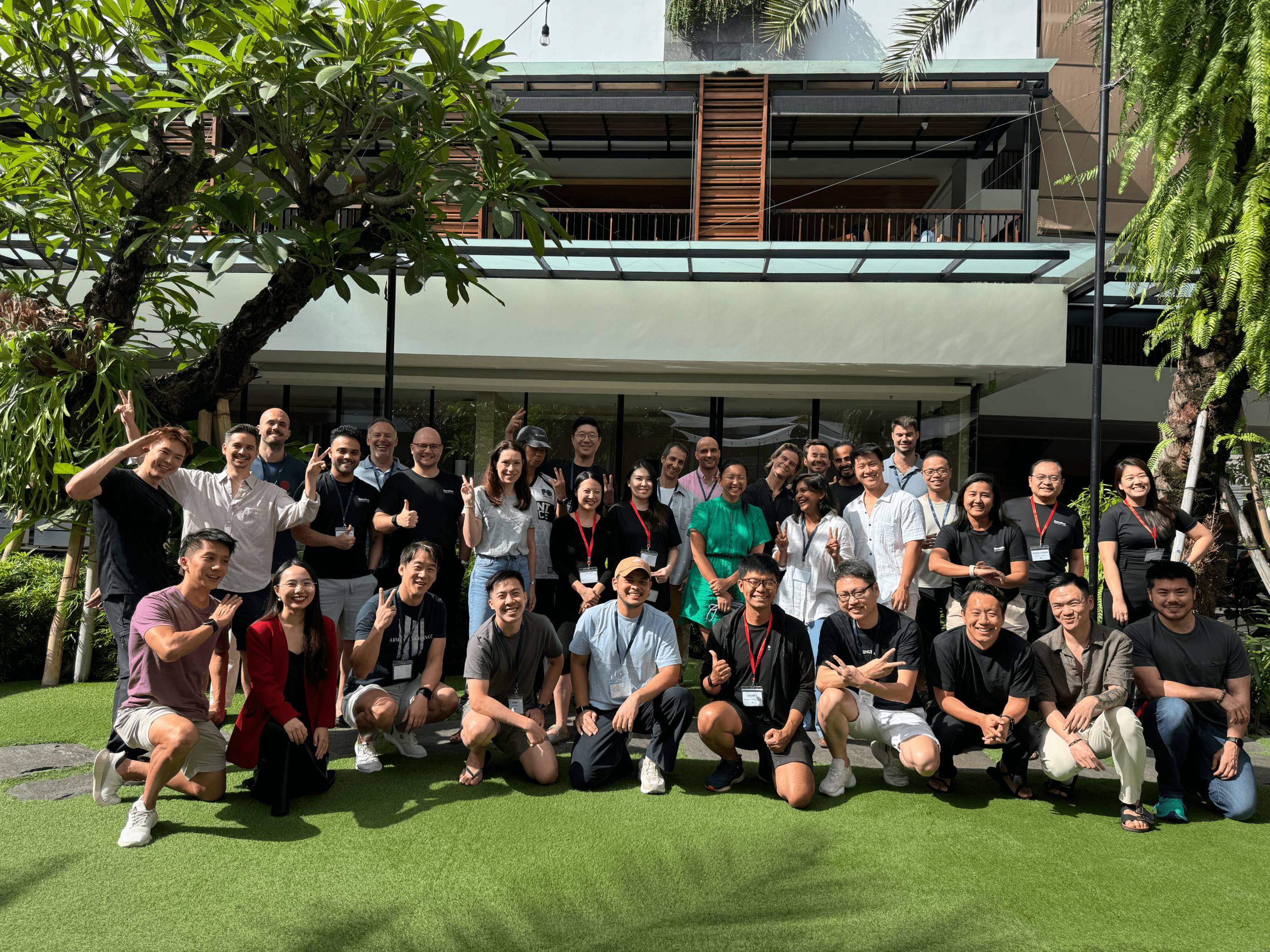What are the common reasons we reject companies?
Over the past 2.5 years, we've had the privilege of reviewing over thousands of applications and meeting over hundreds of founders - and while we continue to be impressed by the level of quality we've seen, we've had to make (sometimes difficult) rejections.
Hsu Ken Ooi has mentioned it before: investors aren't incentivised to give founders feedback, so if founders do receive any, it's often vague or unhelpful. Knowing it's tough out there, we think it's instructive to share our rejection reasons - and hopefully it'll help founders better communicate why they are great founders with good ideas.
For batch W23 alone, we've reviewed over 600+ applications - here are the few common rejection reasons we give (ranked by distribution of how often we use them):
🛠️ Not enough validation (33.3%)
This is one of the most common reasons - and the most easily misinterpreted. The definition of validation is fuzzy and means different things for different founders. We often see founders say they've successfully validated the idea or achieved significant traction, but not all validation is created equal. Customer interviews or surveys are a helpful gauge, but they aren't indicators that there's actual demand for what you're building.
A startup idea is a hypothesis about how the world is or how it works. For a startup idea to be promising, (1) the problem needs to be sufficiently large and (2) the hypothesis needs to be true.
What we mean by validation is real-life validation on the hypothesis. How many users are there? Is it growing? What's the retention like? If there's no product yet, is there a signup page to prove interest? Experimental evidence that the hypothesis is true is what we look for.
If you're really early (you're only in the ideation stage), validation is naturally harder to obtain. In this case, we'll look at other areas, like if there's a clear thesis, how strong is the market, is the space interesting, etc.
(We also often hear founders say they need 3-6 months to create an MVP to start validating, which isn't true. In most cases, it can be done with very little money and doesn't involve building an app - we launched a Validation Program to help founders do exactly that.)
🤖 Not enough differentiation (21.4%)
There are two markets founders operate in: (1) No competitors zone (2) Highly competitive areas. The former makes us wonder if the product is needed in the first place, while the latter is where differentiation matters. What we usually see is unconvincing differentiation from founders.
Having a better design than competitors is an example. Unless there's a unique aspect to why your customers need that better design, and it's a real hypothesis, it's not clear that having a better design is going to win.
Being cheaper is another one. Businesses rarely win a race to the bottom (unless there's a fundamental reason for it) - your solution needs to be an order of magnitude better.
Founders need to understand why the solution they have for the problem is particularly suited and differentiated for the market they're in. Great founders understand specific insights they have into their markets and use those to build moats around their businesses.
As Hsu Ken Ooi likes to say: “Turns out the Instagram of Southeast Asia is just Instagram, but the Uber of Southeast Asia is Grab.”
✍️ Insufficient information in the application (16.8%)
Sounds straightforward, but it's a lot more than just founders not filling up certain fields. More often than not, founders leave out key pieces of information that they likely didn't think was necessary or useful.
For example, most applications typically have reasons for why the problem area is important or why the market is huge (with buzzword-heavy descriptions), but misses out on the solution they're bringing to solve the problem. Sometimes, it's also missing what exactly they're trying to build. You know your business the best - remember to tell us what it is exactly that you're building!
🌎 Market too small (15.7%)
There are cases where we see companies solving an important problem, but the market isn't large enough to sustain a venture business. Venture capital is about the magnitude of wins, not the number of wins. While businesses that get to $10M can do very well, venture capital requires companies to get to $150M+ businesses in short periods of time to make sense.
If you're pitching your business as a sure thing (probability of win) and not how big it can be (magnitude of win), it might be tougher for you to raise capital from venture capitalists.
🦾 Technology does not appear to be a key differentiator (12.6%)
There’s a big difference between being “software-enabled” vs. being a “tech startup”.
We typically invest in the latter, which means we look for businesses with technology as the key differentiator. We know the word ‘technology’ is diluted, so one way to think about it is: “Is this startup going to win because of a tech advantage?” If the answer's no (even if the startup may be end up being a good business, like consultancies or florists), we're more inclined to pass.
Rejections are discouraging, but we hope this article helped and provided more context behind rejection reasons.
If you're a founder and working on something, we encourage you to apply - we've invested in companies we've rejected before and continue to keep tabs on them (we love knowing how companies have progressed!)
Apply here.




![Iterative Scale Program [Closed]](https://cdn.prod.website-files.com/60b1bd0542d31f694712f8ec/68d4bfcb752be73c1412db48_neom-85ey1vFIwkc-unsplash.jpg)



